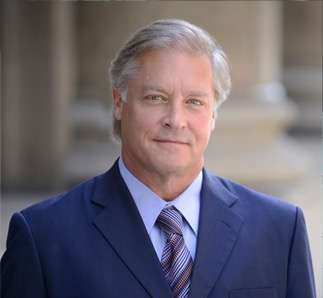Church official cleared of sex crimes
A Pennsylvania court has freed the first senior Catholic Church official to have been convicted of hiding sex abuse by priests. The man, a monsignor, had been convicted in summer 2012 on charges of endangering the welfare of the child when he sent a priest to a Philadelphia parish. That priest had previously been accused of sexual abuse. The priest in that matter eventually pleaded guilty to sex crimes, such as sexual assault and others related to an incident with a 10-year-old boy in the Philadelphia parish. Because of his sound defense, the senior official was never charged with molesting any children. The church official was cleared of charges and set free from custody after the Superior Court of Pennsylvania reversed his previous conviction, saying that insufficient evidence had been used to send him to jail. Even though the appeals panel at the court agreed that the man had prioritized the church’s reputation over the health and welfare of children in the parish, there was no evidence that the man knew that the priest was intending to molest children when he arrived at his new church home. Further, activists in the case say that the man was prosecuted under a law that was not even valid at the time the incident occurred. Official investigation documents show that the law was amended in 2007 to include criminal charges for people who oversee children; the sexual misconduct in this case dates back to 1999. Now, instead of serving three to six years in jail, he has regained his freedom. However, this is generally in conflict with the request of advocacy groups that support victims of sexual assault; thus, prosecutors say they intend to file an appeal to reinstate the allegations. For this case, the criminal defendant was able to avoid long-term incarceration thanks to the adept maneuvers of his criminal defense attorneys. A review of the case by an upper court determined that the man was not liable for the criminal actions of his subordinates. This particular case may well set a precedent for Pennsylvania sex offense prosecution, especially that related to religious institutions.


